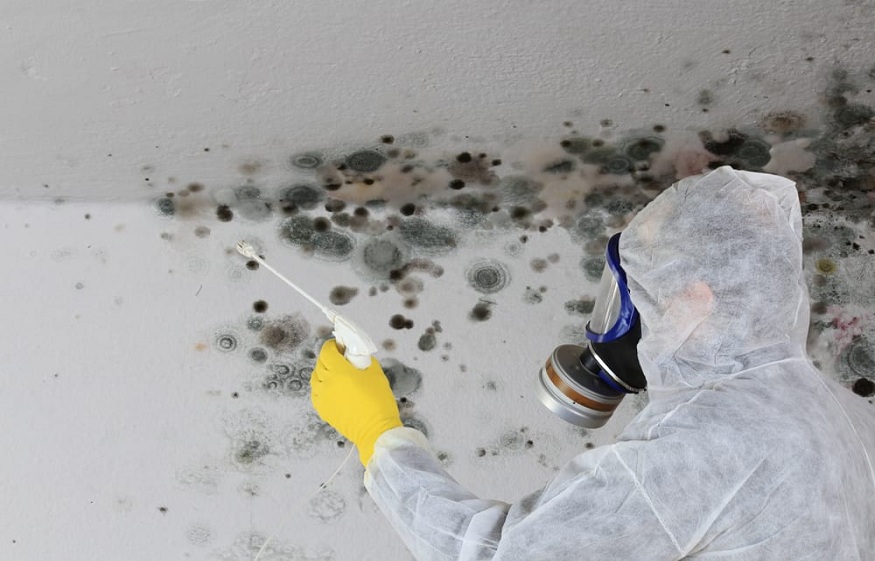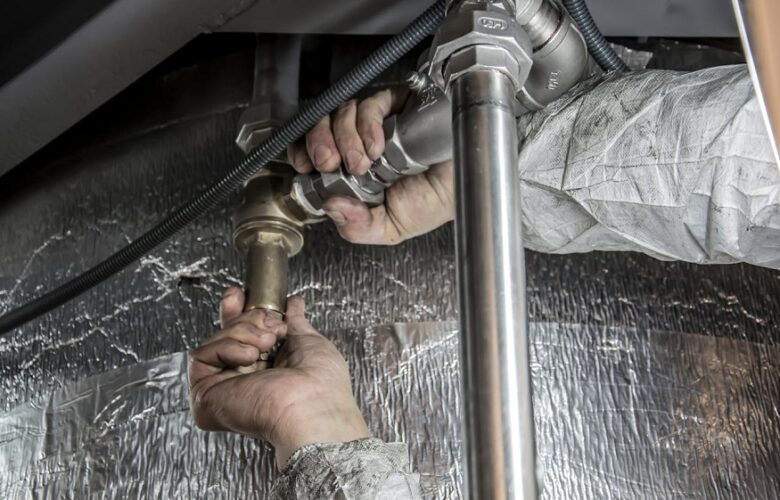As much as DIY tutorials for mold removal at home sounds relatively simple, numerous mistakes may, in reality, worsen the issue. Attempting to remove household mold on your own may help you save money, but it is potentially hazardous. Mold spores can be dangerous to your health if they are released into the air by a scrub brush or a cloth.
Thus, it’s often recommended that you contact mold removal professionals to assist you in the thorough and safe removal of the mold. If you want to remove mold yourself, you must proceed with caution so that your actions don’t end up worsening the issue in the long run.
But, before you arm yourself with a heavy-duty scrubber and rubber gloves, make sure you aren’t making one of these five repeated mold removal mistakes.
Trying to Save a Lost Cause
When mold spores are present on the surface, they can be removed. On the other hand, mold becomes almost impossible to clean when its spores already colonize porous materials like upholstery, wood, or wallpaper. Trying to get rid of these mold infestations is a band-aid solution at best, and it frequently makes the situation worse in the long run. If you discover mold on porous surface, take precautions and dispose of it immediately.
Making Use of the Eyeball Test
Many homeowners use “visual clues” to decide whether or not they have successfully eliminated a mold infestation when it comes to mold cleanup. However, just because you can’t see it doesn’t mean the problem has been solved. Invisible mold spores can be stuck to your clothing and ready to spread.
Mold can develop under tiles or carpets, behind the paint, or in closed-off, dark areas that are difficult to see. And if you do remove the mold, it will easily return unless the underlying moisture issues are addressed. To ensure that mold is no longer a problem, remember to “look underneath the surface” and take the necessary precautions to prevent mold from returning or spreading.
Please make no mistake of waiting for it to appear before acting upon it, as it might grow into big colonies and feed on toxic materials which can be dangerous to your health. Call a professional right away to have it checked and eliminated. If you reside anywhere in the Tampa Bay area, mold remediation Toms River is your go-to servicer.
Taking Out the Bleach
Isn’t it common knowledge that bleach gets rid of mold? Everyone is, after all, mistaken. When you use bleach to clean mold, it does just what it is supposed to do: it bleaches the color out of the mold spores.
You may believe that the issue has been resolved, but bleach does not totally remove the mold. It only eliminates noticeable signs of it. Bleached mold will continue to cause respiratory issues, and the infestation will usually resurface within a few months.
Covering it With Paint
Many people believe that after cleaning up household mold, they will permanently solve the issue by painting over it with mold-resistant paint. Regardless of the color, there is always a risk that the mold will resurface again and spread like wildfire before you find it.
If mold is discovered in your house, it must be properly dealt with. Some molds are toxic and can be dangerous to your health, as well as to your family and pets. It is often best to seek clinical advice in these cases.
Using Inappropriate Chemicals
If you’re attempting a do-it-yourself mold removal, you’re probably unsure which cleaners or chemicals to use. A common blunder is the use of bleach to remove mold. While bleach can aid in removing mold from hard surfaces, it doesn’t work on textured or porous surfaces.
If certain chemicals are misused, they can endanger you and your family’s health, including your pets. Thus, it’s best to consult a specialist if you’re unsure about which chemicals to use.




